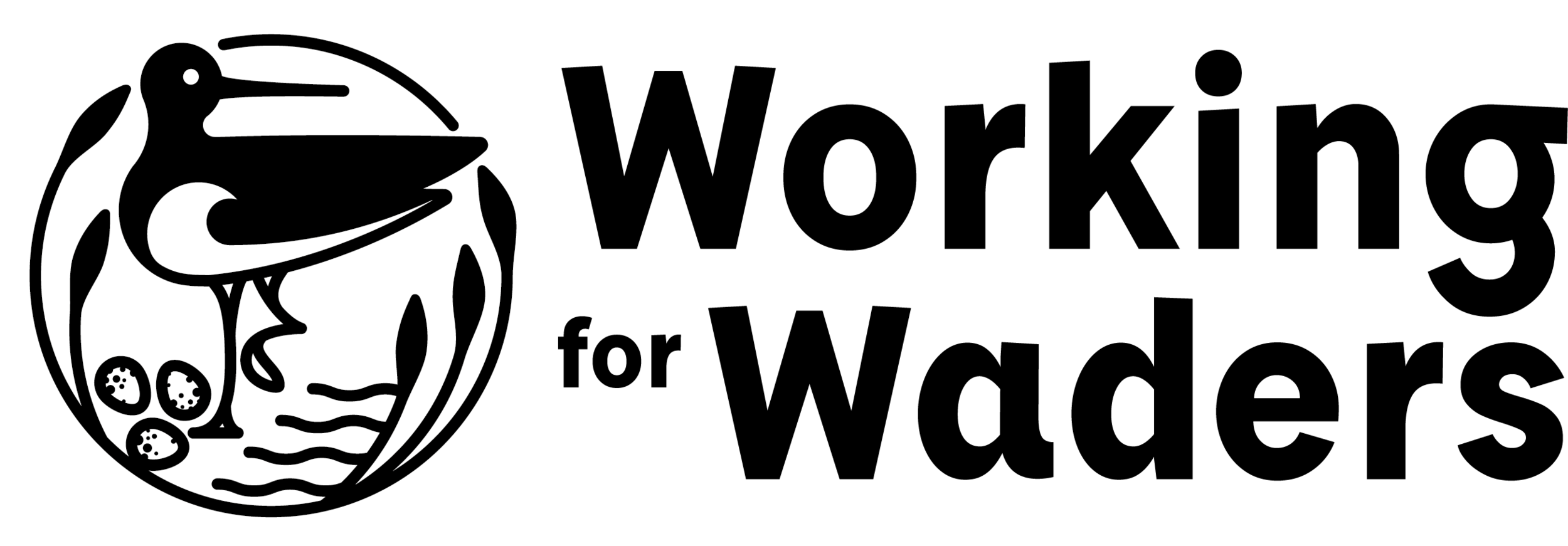Waders and Livestock
Lapwing bombarding a lamb - picture thanks to Owen Selly, RSPB
The Working for Waders nest camera project is in full swing, with almost eighty cameras currently running on wader nests across Scotland. We’re working with a range of project partners to make this happen, and participants vary from from big organisations like RSPB and GWCT running many cameras to individual farmers or gamekeepers running one or two. Every contribution counts, and we’re delighted to see such a great response from people doing their bit for wading birds.
We’ve seen some excellent hatches of young chicks so far, but we’ve also recorded a wide range of predation on eggs. Ravens, crows and jackdaws have been the most prominent egg thieves, but we’ve also had records of badgers and pine martens raiding nests. Alongside these traditional intruders, we’ve also gathered some really good footage of livestock interacting with incubating birds, introducing a nuisance factor that’s far from helpful. Further, we've also gathered some amazing footage of sheep actively eating lapwing eggs and deliberately crushing curlew nests.
This is not new. We’ve known that livestock can damage wader nests by accident or on purpose for some time, and there are records of this behaviour going back to the 1970s. It’s clearly an issue, but we cannot tell how significant it is and we’re so far unable to explain what drives it. Some individual sheep seem more interested in wader nests than others, and there’s no clear answer for why that should be. The nest camera project is giving us lots of new evidence about this issue, and Working for Waders has been able to link up a number of research projects which touch on challenges related to livestock interference.
Wading birds are famously associated with farmland, and many species specifically rely on grazing livestock to maintain and improve their breeding habitats. It’s not simply a case of keeping livestock away from waders, which could soon become very complicated on a practical level - it’s rather that we need to learn more about how and why damage happens in an effort to avoid it where possible. There are a number of trade-offs between farming and conservation which run all the way through wader conservation, and working collaboratively with a number of partners, we hope to find solutions that suit everybody.

